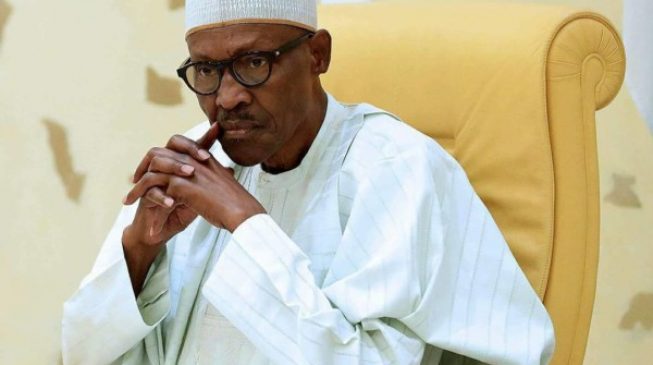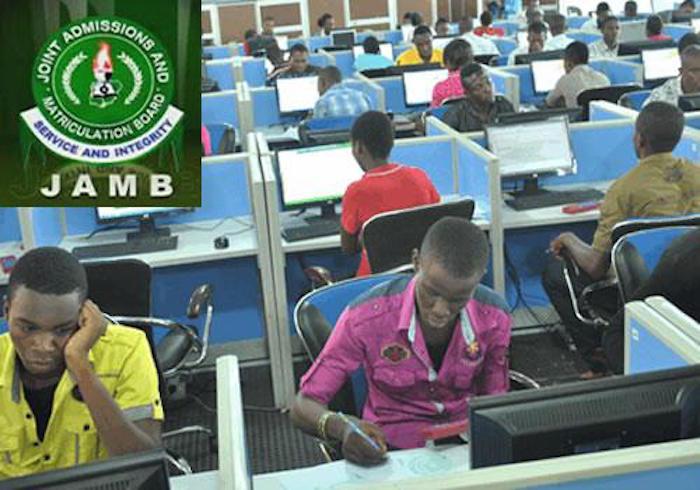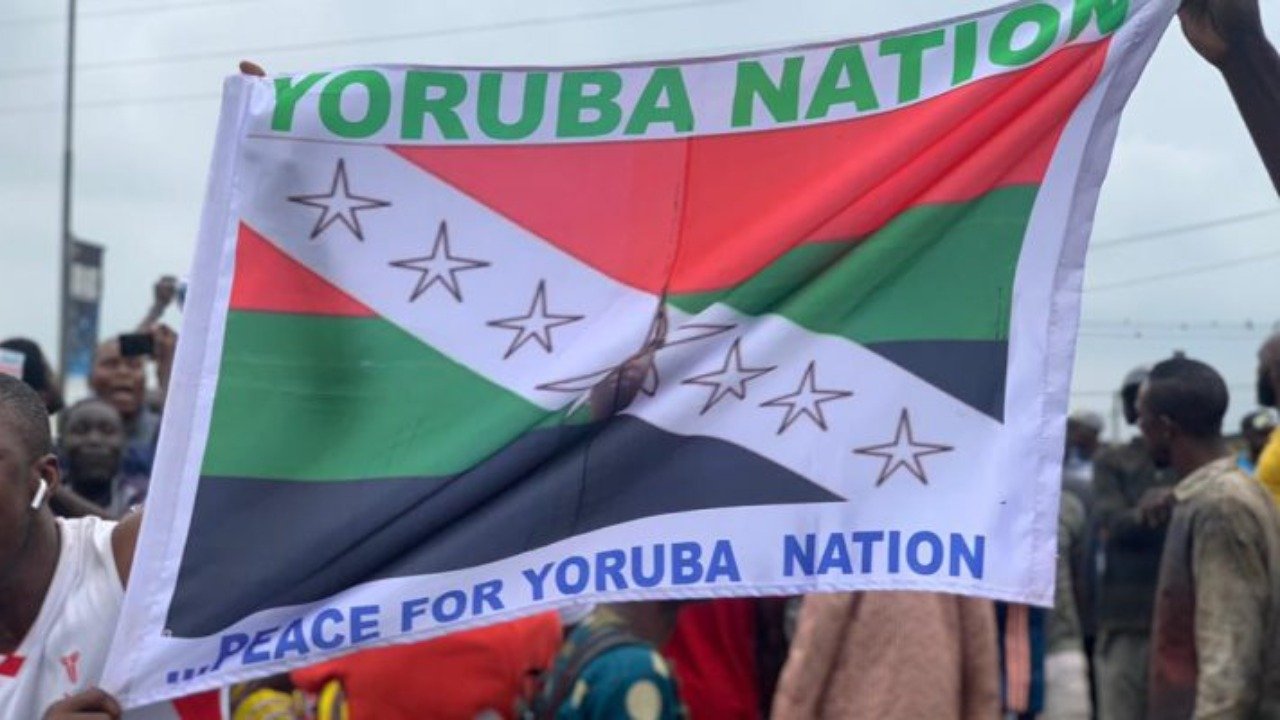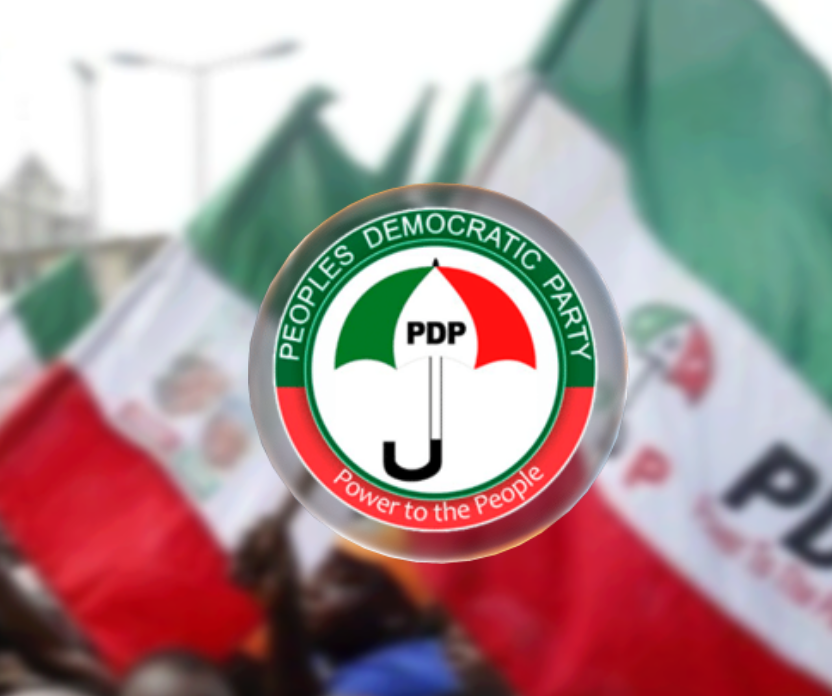By Wale Adedayo
There is something wrong, and very wrong too, with strategists of the ruling All Progressives (APC) at the very top. Not all critics of President Muhammad Buhari are looters or friends of looters, contrary to their assertions. And I have a very strong feeling they know this too. It appears the strategy of Team Buhari is to keep the heat of name-calling on the opposition in order to starve off criticisms of their principal.
To me, those opposed to Buhari because their friends or political associates have been implicated in corruption cases are less than 10% of those currently involved in campaigns to vote him out. Majority of those in the current unorganized anti-Buhari campaign were deeply involved in bringing the president to office. And they have genuine reasons for going against him despite working for his success at the polls in 2015.
Quality strategists would have paused to ask questions. Buhari became president on the crest of a hope by many that things would change. Yes, former President Goodluck Jonathan looted the treasury silly. But the lootings by Generals Ibrahim Badamasi Babangida, Sanni Abacha and Abdulsalami Abubakar were of Guinness Book of World Records proportions when compared with Jonathan’s.
Buhari and his associates have not mentioned these lootings once, despite the fact that Abacha’s loots are still being recovered several years after his death. If it is not abuses galore against the opposition Peoples Democratic Party (PDP) today, it is Jonathan and his wife, Patience, being taken to the cleaners. To Buhari’s handlers, the false narrative that corruption started and ended with either PDP or Jonathan remains the major item.
Yet, former President Olusegun Obasanjo, who got into office shortly after the lootings by IBB, Abacha and Abdulsalami initiated policies that are still being followed by successive presidents till date.
The Universal Basic Education (UBE) programme was initiated by Obasanjo barely six months of becoming president. It made education free and compulsory for Nigerian pupils up to JSS3. Obasanjo built Primary Health Care Centres in Nigeria’s 774 Local Governments with generating sets, well-equipped laboratories, boreholes and secured each building with a fence.
It was Obasanjo that brought EFCC and ICPC. He freed the Telecoms sector from Government monopoly thus allowing MTN and the rest into our world instead of the old NITEL. He made Nigeria proud on the international scene, where he also worked to secure our economy through debt forgiveness among others. He appeared well-prepared for his job, despite having just left prison.
APC strategists at the very top should know that unlike Obasanjo, our current President DID NOT improve himself or expose himself to modern ways of doing things after leaving office as military Head of State. Until he began seeking to occupy Ask Rock as a born again democrat, Buhari did not mix with others at either local or international conferences and seminars to exchange ideas or learn new ones.
Nigeria is not getting better. Majority of those feeling it are the lowest of the low, who by reason of the propaganda deployed during his campaign in 2015 should be his natural constituency. At the international level, we are becoming the butt of jokes, again. Nigerians being sold as slaves in Libya, may not have started under his watch. But it got worse under Buhari. Many have died in the waters of the Mediterranean while trying to become economic refugees in Europe.
Of course, our internal security situation has worsened under Buhari’s watch. It got closer home recently with the killings in Offa, Kwara State, where armed robbers killed many. A number of Buhari’s supporters hardly see humans among the Shiites killed in Zaria, the villagers of Zamfara or those killed on a regular basis in Benue State. They are just statistics to such Buharists. To make the security matter worse, Mr. President claimed in London that the killer herdsmen were trained by Libya. How inconsiderate by someone who should have been a credible C-IN-C?
Change, in a Third World country like ours, comes when key political actors suspend individual ambitions to rally round a figure, who on the AVERAGE has the ability to lift the polity away from the precipice. The figure so supported cannot be a saint, no doubt. To me, all saints are in heaven. Son of man has his many shortcomings too. So, one is not a saint.
In more ways than one, it was a similar process that brought Buhari to office. He had, and still has his shortcomings. But individual ambitions were shelved by others, who remained within the major opposition party to ensure that divided votes did not allow Jonathan to be returned to office.
Today, the situation is different. Both the serious and jesters are seeking the office of president. They are more than those who showed serious interest in the same office towards the 2015 presidential election. The sad aspect is that they are scattered across the space, with majority of them not even seriously identifying with a political party less than one year to another election.
Yet, the 1999 constitution expressly stated that you cannot seek elective office in Nigeria without belonging to a political party. Yes, some have joined some new political parties. It is very doubtful they can win a Councillorship seat, no matter the grandiose promises being made about the change they are talking about. They simply lack the structure to make an effective presence in just one state, not to talk about across Nigeria.
Beyond that, do they even understand that Nigeria remains divided, and because of that there is need for multiple approaches in carrying voters along towards 2019? The equity-seeing Ogoni people of Rivers State hardly participated in the 1993 presidential elections. They wanted an immediate need – equity in the abnormal exploitation of their natural resource.
Obasanjo apparently wanted a Niger Delta indigene to become Nigeria’s president one day so that the individual thus ‘arranged’ could work towards bringing about the needed structural change in the polity to assist his people. It did not happen. Instead of a focus on communal interest, it was private interest Jonathan went for, looting Nigeria silly along with his associates in the process.
The president that’ll change Nigeria cannot serve for two terms, due to obvious reasons. He has to step on toes including those of those who brought him to office. We are in a democracy. Such a person might want to return to office for a second term once the bug of office bites him. Of course, he will need the good, the bad and ugly in the polity to return to office. That will naturally dictate a selective process of change, which would have been no change at all as we are witnessing today.
A change agent in charge of Nigeria would have come prepared. The president MUST be involved in the selection of the National Assembly leadership. He must have a firm control of the legislature at the national level, not just the security agencies. A purge of the Judiciary must begin within his first six months in office. Some Judges must be sent to prison, while others continue to watch their BPs, afraid they might be next on the list of those to go.
Obasanjo made a half-hearted attempt in his first term. His anti-corruption efforts, which became a tool to silence others for political reasons instead of a positive change in the polity remains the best in the history of Nigeria since independence. Obasanjo quietly instituted a probe into ALL Federal Government contracts since 1976 through 1999.
The report was audacious in painstaking work. If the old man had implemented 50% of the recommendations in the two-volume report, Nigeria should have been on its way to sanity by now. But the Ota Chicken farmer chickened out. He left the report to rot till he left office. And from all indications today, Buhari too is not interested in it beyond the propaganda about anti—corruption, which is mainly directed at the opposition.
To the young men and women making all efforts to outdo one another on the social media about the need for change in Nigeria, it goes beyond PVCs. Get involved with a major political party. Today in Nigeria, there are just two – APC and PDP. The others could win Governorship or State/National Assembly elections, but CERTAINLY not The Presidency.
Those genuinely concerned about the need for a change in Aso Rock should join hands with others to do what was done with the formation of APC towards the 2015 general elections. A coalition, transforming into a political party, can do it. But it is almost too late for that now, thus the counsel to move into one of the major political parties to support an AVERAGE individual.
The last item, for me, is the need to move into the National and State assemblies. Some of those currently campaigning for president will make good legislators. Go back home with your less than enough resources to mobilise. A Fela Durotoye, Omoyele Sowore or Alistair Soyode will be quality additions to the Nigerian Senate. It is the same advice from here to the others.
It is not Uhuru yet in Nigeria. Our Messiah is yet to be conceived!

 News6 years ago
News6 years ago
 Featured6 years ago
Featured6 years ago
 Boss Picks6 years ago
Boss Picks6 years ago
 Headline6 years ago
Headline6 years ago
 Headline6 years ago
Headline6 years ago
 Headline5 years ago
Headline5 years ago
 Headline6 years ago
Headline6 years ago
 Headline6 years ago
Headline6 years ago













